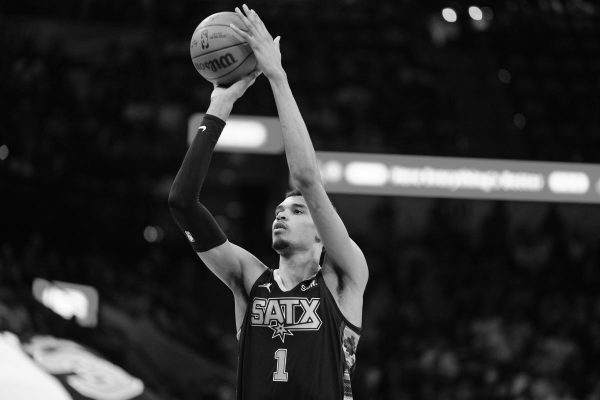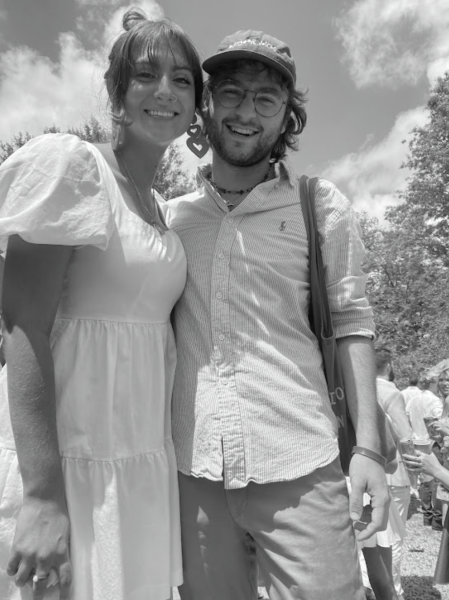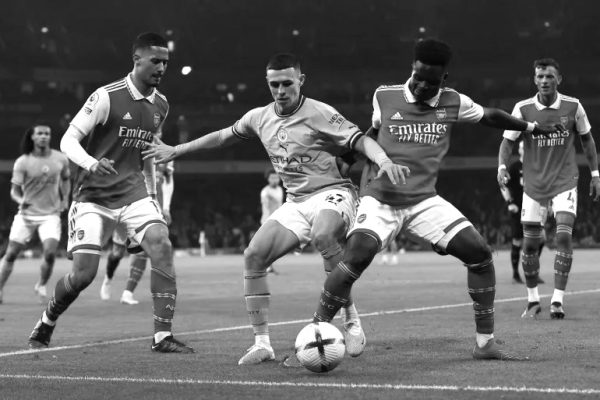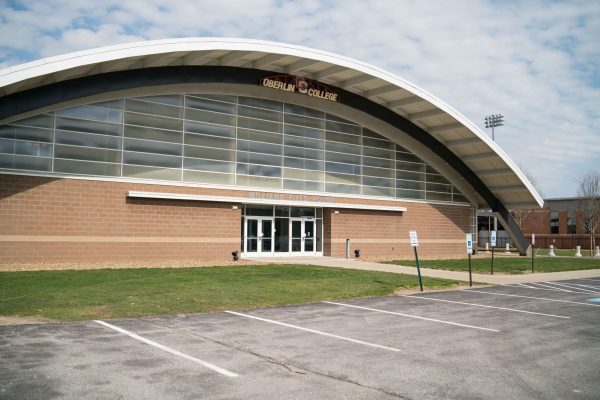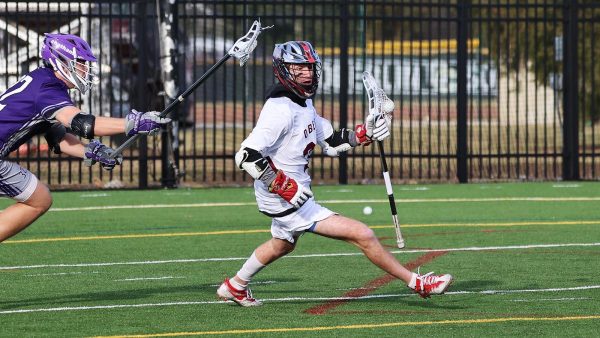AAPI Athletes Speak On Discrimination, Representation In Athletics
Since the start of the pandemic, there has been a rise in discrimination against the Asian American and Pacific Islander community. NBA player Jeremy Lin spoke out about anti-Asian sentiment in a recent interview. He shared that he has been subject to racist behavior on the court, being called “coronavirus,” but refused to name the culprit. His story has started more conversations about the discrimination against Asians in American athletics.
College third-year and men’s soccer player Ryan Kim says he’s been called racial slurs by opponents during many games.
“People also tend to assume I’m bad at sports due to my race,” he said. “There has definitely been more discrimination recently due to COVID-19 and its origins.”
College second-year field hockey and lacrosse player Jackie Oh says that she has also faced discrimination thorughout her athletic career due to the “model minority” myth. The model minority myth creates a cultural expectation that Asian Americans prioritize school and that they don’t value athleticism. Oh explained that many people don’t expect Asians to be capable athletes, and that this bias has led to a lack of representation of Asian professional athletes in the United States.
“The model myth minority groups all Asian-American populations together and does not allow for individualism,” Oh said. “In order to support AAPI athletes across all levels of athletics, acknowledging that the model minority myth exists is crucial. Also, featuring AAPI athletes and letting them talk about their experiences in sports can help dismantle the myth and raise awareness.”
Oh is living off-campus this semester due to the College’s three-semester plan. Although she has not personally faced more discrimination than before the pandemic, it is clear to her that people see her in a different way.
“Living in a predominantly white neighborhood, I have been yelled at and called racial slurs multiple times while doing everyday tasks like grocery shopping or walking my dog,” she said. “Every time I walk out the front door, my parents make sure to tell me to stay safe and be aware of my surroundings; the recent attacks on Asian Americans across the country has created another aspect to fear.”
Field hockey player and college fourth-year Reet Goraya says that she doesn’t think she’s ever been seen as a good athlete. She thinks that it could have to do with her ability to play field hockey, but it also could be because she was one of the few people of color on her team.
“I feel like I had to work harder to earn the respect my other teammates got more easily, especially in high school,” she says. “I didn’t think it was fair, but I would continue to do it because I didn’t feel like I had another option.”
For many AAPI collegiate athletes, there are not many American professional athletes of the same race that they can look up to. Kim says he follows international soccer religiously, which has helped him find role models in the Asian community as an athlete. Son Heung-Min, who plays in one of the top leagues in the world, is a soccer player that he looks up to. Son is considered one of the best players in his league and also plays for the South Korean national team.
“I’m also Korean and proud to share the same race as one of my idols,” Kim says. “It’s so amazing to see somebody succeeding at the highest levels and representing AAPI athletes around the world.”
Oh agrees with Kim and thinks it’s critical to have more representation in athletics for the AAPI community. Although she says it is difficult to imagine how Americans would respond to more Asian Americans in professional sports — especially in the current climate — she is hopeful and optimistic about seeing this change.
“The U.S. has been really receptive to Korean culture in general — the movie Parasite, Korean food, K-Pop, and K-Dramas are all ‘trendy’ right now, but that’s not necessarily true in athletics,” Oh says. “Inclusivity and representation across all industries are always on the table for systemic changes.”
Growing up, Oh says she tried to fit in with her white friends to feel more accepted and comfortable on any team she was a part of. Consequently, she didn’t learn much about her Korean culture or background until the end of high school and beginning of college.
“I endured a lot of microaggressions from past teammates and even have pictures of them squinting their eyes to look more like me,” she says.
Oh feels that her experiences have helped her become a stronger person and helped her to embrace her identity as an Asian-American woman.
Similarly, Kim embraces the fact that he is Asian and enjoys showing that Asian athletes can be just as successful as any other collegiate athlete.
“My whole life I’ve felt like I had a chip on my shoulder because I’m Asian, and it pushes me to work even harder to achieve my goals,” he says. “My identity has been a blessing, and I have fully embraced it throughout my sporting career.”
At Oberlin, Oh feels that there aren’t many spaces to discuss the AAPI experience outside of some student-led organizations.
“I’m not necessarily bothered by it, but I think that there are a lot of school climate changes that need to be made,” she says. “For example, erasure of BIPOCs’ experiences by white people has been something I have noticed from my first day at Oberlin and is detrimental to a lot of people’s mental health.”
Goraya says that members of the Oberlin Field Hockey team have held conversations about how identity intersects with athletics and how to support all team members.
“Through that, I have been able to support other AAPI athletes and work toward creating a comfortable and safe space for everyone,” she said.
Kim has been thinking of creating a safe space for AAPI athletes on campus where they could meet once a week.
“This would be a good way for us to connect and bond,” she said. “I see all of the great things Black Student-Athlete Group is doing here at Oberlin, and I want to do something like that for the AAPI community.”
Associate Vice President for Athletics Advancement and Delta Lodge Director of Athletics & Physical Education Natalie Winkelfoos wrote in an email to the Review that Oberlin College is committed to the work of diversity, equity and inclusion. If there are athletes interested in starting an AAPI athlete group, Winkelfoos stated that she, her staff, and the DEI task force will all be there to support those efforts.
“Oberlin is committed to making Oberlin’s athletics community a more just division and one that allows people to feel safe, seen and celebrated,” she wrote.


